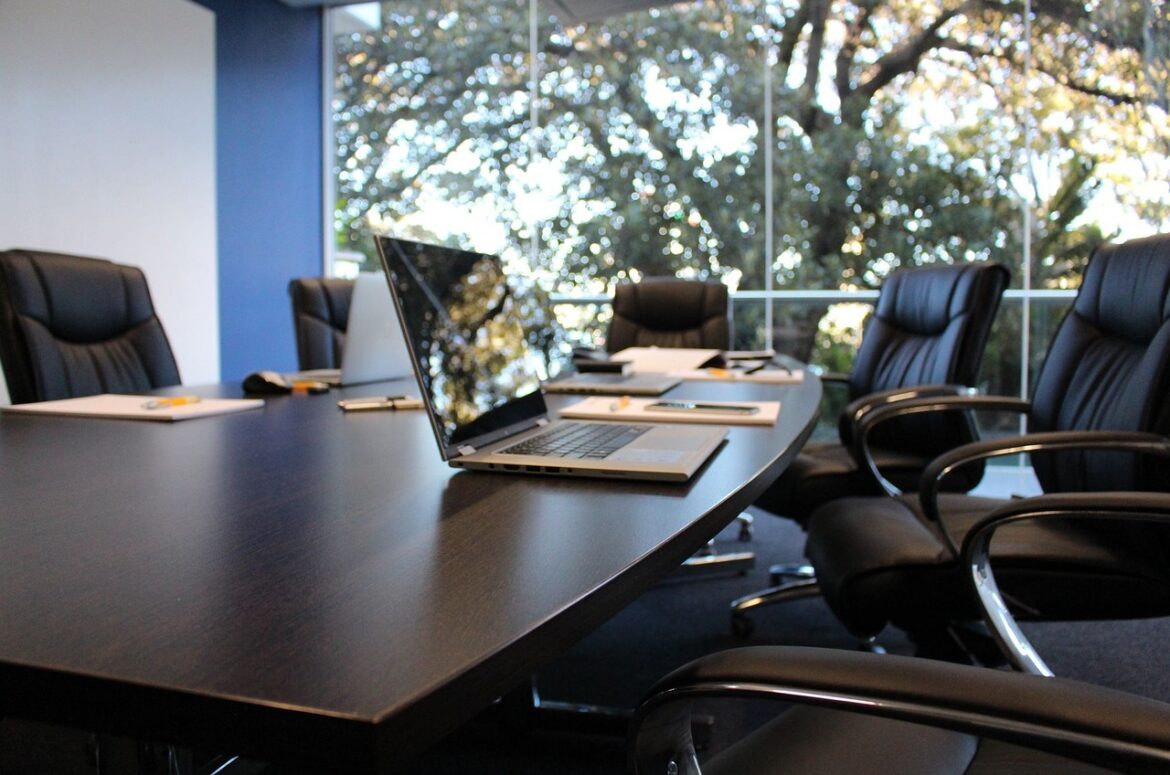In the ever-evolving landscape of human resources, technology is playing a pivotal role in shaping the future of how we work. From AI-powered recruitment tools to virtual reality training, these trends are not just buzzwords but real-world solutions that are changing the way companies operate. Here’s a closer look at some of the most impactful trends in HR technology.
AI in Recruitment
Imagine a world where the tedious tasks of recruitment are handled by intelligent machines, freeing up time for more strategic roles. This is the reality of AI in HR. Platforms like Talowiz AI Agents and Zappyhire are revolutionizing the recruitment process by using AI to source candidates, parse resumes, and onboard new hires with unprecedented speed and accuracy. According to a recent survey, 76% of HR leaders believe that not adopting AI solutions will hinder their company’s success compared to competitors who do.
Strengthening Company Culture
Today, job seekers are looking for more than just a job; they want to be part of a company with a strong culture, attractive perks, and a good reputation. This means HR teams need to focus on showcasing what it’s like to work for their company and targeting the right candidates. Millennials and Gen Z are particularly interested in companies that align with their values and offer a lifestyle that complements their work-life balance. Employers who invest in creating a compelling company culture are seeing a significant increase in talent retention and attraction.
HR Software and Tech Funding
High-quality HR software is crucial for managing employee benefits, performance reviews, and more. The investment in HR tech is regaining momentum, particularly with AI-integrated platforms that deliver measurable results. Investors are focusing on companies that can demonstrate clear AI strategies and tangible applications of AI to drive productivity and efficiency gains. This strategic realignment ensures that HR tech continues to support business operations effectively, even in times of economic uncertainty.
Virtual Reality Training
Virtual reality is being used in innovative ways to enhance employee engagement and training. For instance, Walmart used VR to reduce training time for new hires from eight hours to just 15 minutes. Similarly, MGM Resorts found that using VR for onboarding reduced attrition rates among new employees. This cutting-edge technology is making learning more immersive and accessible, setting a new standard for corporate training.
AI Upskilling and Workforce Management
AI is not just automating tasks; it’s also transforming how companies manage and grow their workforce. By incorporating AI upskilling, businesses can build future-proof skills for tasks like tracking engagement and analyzing performance. IKEA is leading the way by providing AI literacy training to thousands of workers, ensuring they feel confident using new tools while remaining connected to the company’s culture and values. This proactive approach not only supports business growth but also fosters a multi-skilled and engaged workforce.
Trending Consumer Electronics in HR
While we often think of consumer electronics as personal devices, they play a significant role in shaping HR practices. Here are some of the most trending consumer electronics influencing HR:
-
AI-Powered Smart Speakers: These tools are now being used in HR to enhance employee communication and engagement. They can be integrated into company intranets to provide real-time updates and feedback, making communication more efficient and interactive.
-
Virtual Reality Headsets: Beyond training, VR headsets are being used to create immersive experiences for remote employees, helping them feel more connected to the office environment. This can improve collaboration and teamwork across different locations.
-
High-Speed Laptops for Remote Work: As remote work becomes more prevalent, high-performance laptops are essential for ensuring seamless connectivity and productivity. These laptops are equipped with advanced security features to protect company data, making them a must-have for HR departments.
-
Secure Mobile Devices for Data Protection: With more employees accessing company data on personal devices, having secure mobile solutions is crucial. These devices are equipped with advanced encryption and biometric security features, ensuring that sensitive HR data remains protected even in a distributed workforce.
-
Collaborative Display Systems: These interactive displays are changing the way teams collaborate. In meetings, they can share information dynamically, brainstorm ideas, and analyze data in real-time, making decision-making processes more efficient and collaborative.
Conclusion
The integration of technology in HR is not just about adopting new tools; it’s about transforming the way we work. From AI to virtual reality, these technologies are not just trends but essential components of a modern HR strategy. By embracing these innovations, companies can build more resilient, adaptable, and engaged workforces that are ready to face the challenges of the future.
References:
- https://www.ismartrecruit.com/blog-latest-hr-trends-every-hr-must-know
- https://joshbersin.com/2025/05/yes-hr-organizations-will-partially-be-replaced-by-ai-and-thats-good/
- https://pomeroy.com/the-6-biggest-tech-hiring-trends-of-2025-so-far/
- https://www.business.com/hr-software/best/
- https://www.peoplemattersglobal.com/article/hr-technology/will-hr-tech-funding-slow-down-in-2025-45553
- https://extension.usu.edu/news/
- https://www.hibob.com/blog/hr-initiatives/
- https://teaforteaching.com/category/instructional-communication/



